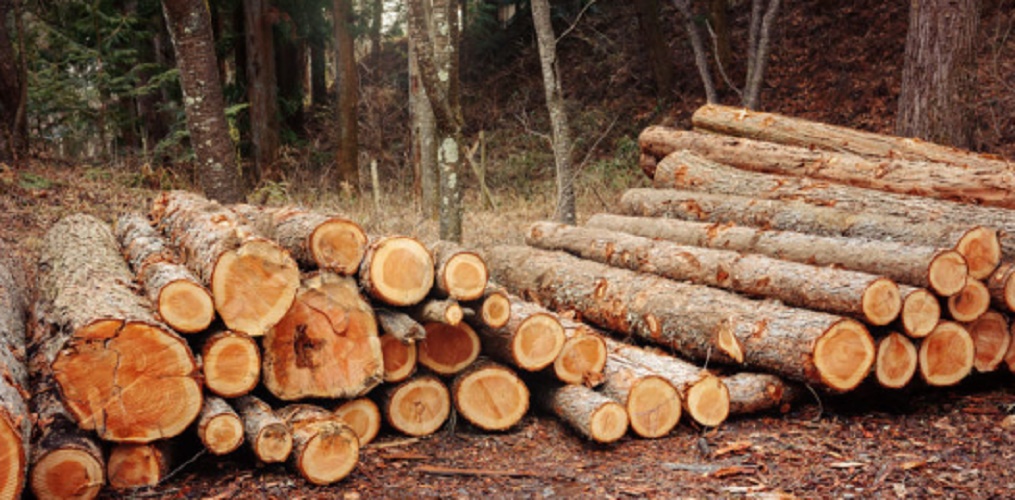What are alternative fuels?
We explain what alternative fuels are, their advantages and disadvantages. How they are classified and what are biofuels.
-
What are alternative fuels?
Alternative fuels are those fuels that were designed to replace petroleum products or fossil fuels . The oil is not only highly polluting but has also become increasingly scarce which raises its price.
It is believed that alternative fuels are cheaper and less harmful to the environment , but this is not always the case. Because they are new fuels, in many cases their development is still expensive, and there is a lot of research ahead.
The search for this type of fuel began more than 150 years ago , when fossil fuels began to replace wood.
-
Advantages and disadvantages of alternative fuels

When talking about biofuels, advantages and disadvantages can be identified. Here are some of them:
Advantage:
- They do not emit CO2. The alternative energy help reduce the greenhouse effect because they do not emit CO2 . This was one of the main reasons why they began to enter into this type of fuel.
- It is a way to recycle. For the production of alternative fuels, animal feces or garbage are used.
- They are renewable. As they are produced from sources that are virtually inexhaustible (such as agricultural or livestock materials), alternative fuels belong to the category of renewable energy .
- Preserve fossil fuel reserves. Thanks to the use of other natural resources , the use of fuels such as gasoline is limited. This is beneficial for future generations, as they will have reservations.
- They are biodegradable. The alternative energies are cleaner, not only because of the consequences that a spill can generate, but also, at the time of burning, in addition to being biodegradable.
- Economic The generation of alternative fuels is less expensive than fossil fuels, whose scarcity makes them more expensive.
Disadvantages:
- Pollutants While these fuels were designed in order to reduce pollution of the environment , some even have a negative environmental impact (some time to be produced, other when used in both stages and others).
- Impact on food. As they are produced, in many cases, from grains that are also used as food , this can have an impact on their prices. Thus, eating becomes more expensive for people and also for animals. For example, pigs feed on soybeans.
- Deforestation The deforestation can be one of the effects caused by this type of fuel. This has consequences for biodiversity , which is threatened. That not only affects the plants or trees but also the animals that inhabit them.
- Soil depletion. The generation of alternative fuels can have a negative impact on soils , depleting their nutrients and rendering them useless in the future.
-
What are the alternative fuels?

There are different types of alternative fuels, which were developed over the last 150 years. Here are some examples of them:
- Methanol Specialists estimate that although currently no more cars are manufactured that can be fed with this fuel, with the arrival of electric cars methanol will be a source of food.
- Fuels of the P series. The combination of methyltetrahydrofuran, natural gas and ethanol, which can feed flexible fuel vehicles, is known under this name.
- Natural gas. It is, in fact, several gases that can be used as fuel such as methane, butane, ethane or propane. It is a less polluting, safer and more renewable material than fossil fuels.
- Electricity. Stored in a battery , electricity can be used (instead of fossil fuel) for car operation. In this case, the energy is produced with an electrochemical reaction from the combination of oxygen and hydrogen, preventing combustion and contamination.
- Hydrogen. When mixed with natural gas, an alternative fuel is produced which, like electricity, can be used to power cars. Hydrogen is used to power vehicles that have internal combustion engines and for those that have electric batteries. Whenever hydrogen is used in pure form, and not combined with other fuels, it emits no contaminant.
- Biodiesel This fuel is made from animal fats or vegetable oils. One of its advantages is that it is biodegradable and does not contaminate, in addition to being a safe material. Biodiesel can be used in vehicles that have diesel engines.
- Bioethanol It is the most used alternative fuel today and the simplest production. Being in huge quantities, it is estimated that in the future it will be one of the most considered options because it will be able to supply the demand. It is usually produced from corn, sugar cane or wheat.
- Biobutanol This fuel is the result of a fermentation equivalent to that of ethanol and sugarcane, beet, sorghum, corn or wheat, among others, is used for its production. It is one of the newest options and is more profitable than ethanol.
-
Biofuels

Biofuels are a type of alternative energy, which is produced from biomass . The biomass is organic matter that comes from a plant or animal.
These organic materials are converted into energy from different processes such as pyrolysis, combustion, gasification and anaerobic digestion .
Like the rest of the aforementioned fuels, it is part of renewable energy.





